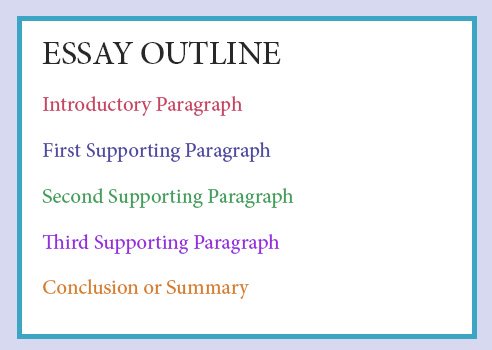Word count: 694 words
Reading time: About 2.5 minutes
Are you one my subscribers who thinks I’m crazy to counsel AGAINST outlining? Read on to learn why I do this….
When I was a sullen high school student, many of my teachers demanded that we submit outlines with every essay. We fooled most of them by writing our essays first and creating the outlines afterwards.
One of our more devious teachers, however, insisted that we submit the outlines several weeks before sending in the essay. Talk about irritating! (Even a group of know-it-all teenagers couldn’t figure out the clear solution was to do the whole damn project early enough to write the outline afterwards!)
All these years later, I believe I was correct in abhorring outlines. Here are the reasons why:
1) Outlines, which are linear and logical, force you to use the linear and logical part of your brain. What’s so bad about logic, you ask? Well, nothing…EXCEPT when you’re trying to do something creative, like, say, writing. Then, logic is the last thing you want. Sure, when you’re solving a math problem you need logic. Ditto for following a recipe or editing something. But when you’re painting a picture or creating a song or writing an article you want your creative brain to be in charge. All of our brains have logical parts and creative parts. In my more fanciful moments, I like to imagine them as people in a car. But guess what? Only one part of your brain can be driver. If your logical brain is driving, your creative brain is asleep in the back seat. (Either that or really disgruntled about not controlling the wheel.)
2) Outlines mute rather than enhance the urge to tell stories. Probably the worst aspect of outlining is that, by its nature, it emphasizes the importance of fact over story. But as the writer Maya Angelou puts it: “There’s a world of difference between truth and facts. Facts can obscure truth.” Readers respond to stories. Stories keep them interested and engaged. Your writing needs stories as pizza needs cheese. I’ve never seen an outline that includes enough stories.
3) Outlines turn writing into a duty rather than something that’s fun. Consider an outline you produced in the past. Did it fill your heart with joy? Did it make writing a pleasure? Did it make your writing seem urgent and important? If it did any of these things you are the exception proving the rule. Outlines generally turn writing into just another “to do” task that causes you to feel worn out and dispirited.
4) Outlines organize. I say this somewhat sadly because I’m exuberant about the benefits of being well organized. I like nothing better than a thoroughly clean desk, a tidy closet and even a tax return that’s submitted a few days early. But when it comes to writing, I most definitely don’t want to be organized. Instead, I want to be inspired. Outlines simply aren’t capable of that task.
5) Outlines lead to dull, stale writing. Here’s what happens when you get organized and logical: you suck the life out of your writing. You stop taking risks. You stop being interesting. You stop making discoveries. In the end, you’re left with the same product as a person who has completed a paint-by-numbers piece of art. It may look “perfect” -– but it’s also perfectly predictable.
Instead of outlining, I urge writers to rely on mindmapping. (You should have received a free ebooklet on mindmapping if you signed up for this newsletter.) Mindmapping is a highly creative process that gives you access to the deep recesses of your mind. It will help you find stories to tell. It will liberate your writing.
I wrote this column on the request of subscriber Candas (and if you have any column suggestions please send me an email.) But I see now it’s also a good pitch for my course which delves far more deeply into the intricacies of mindmapping. If that interests you, please consider learning more about it. Note that if you already have a hard copy of my book, you are entitled to a $49 discount on the premium version of the course. If that describes you, email me and I’ll send you the code for your discount.


